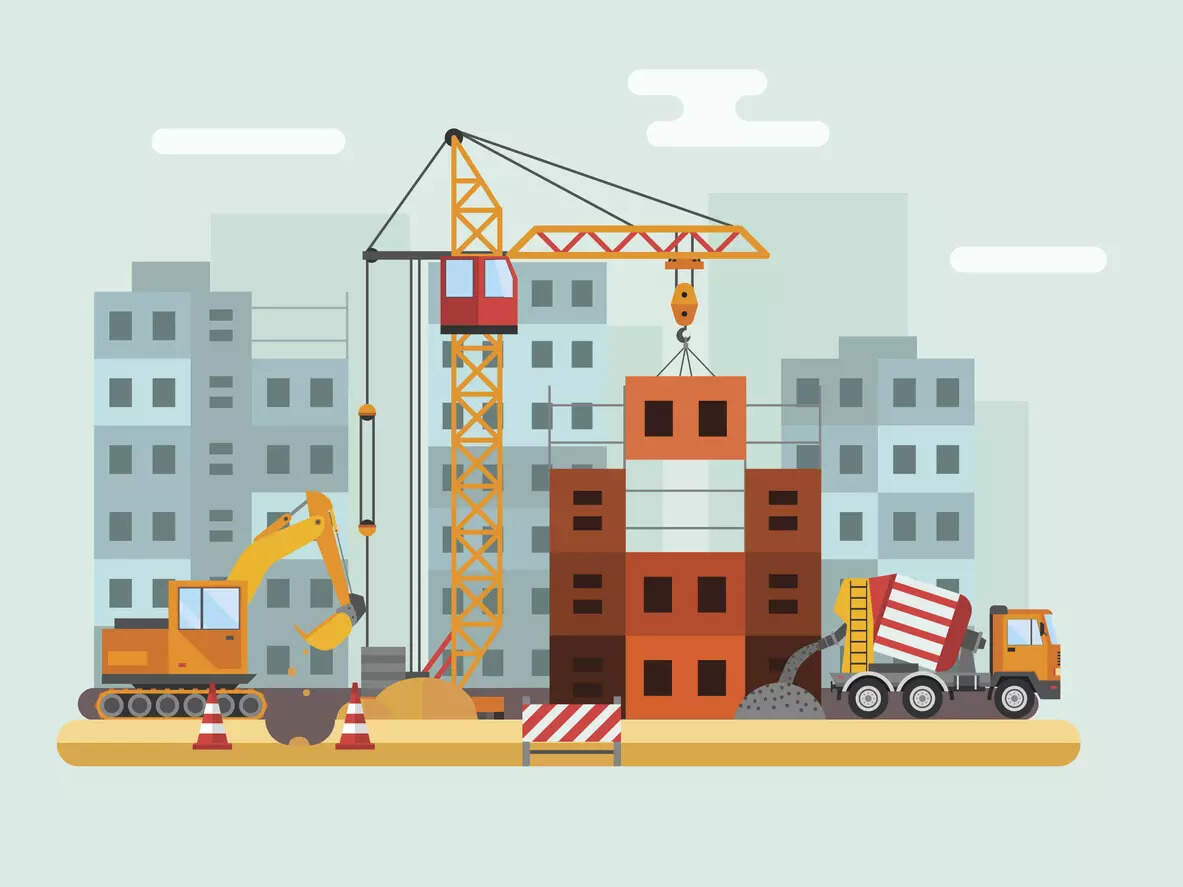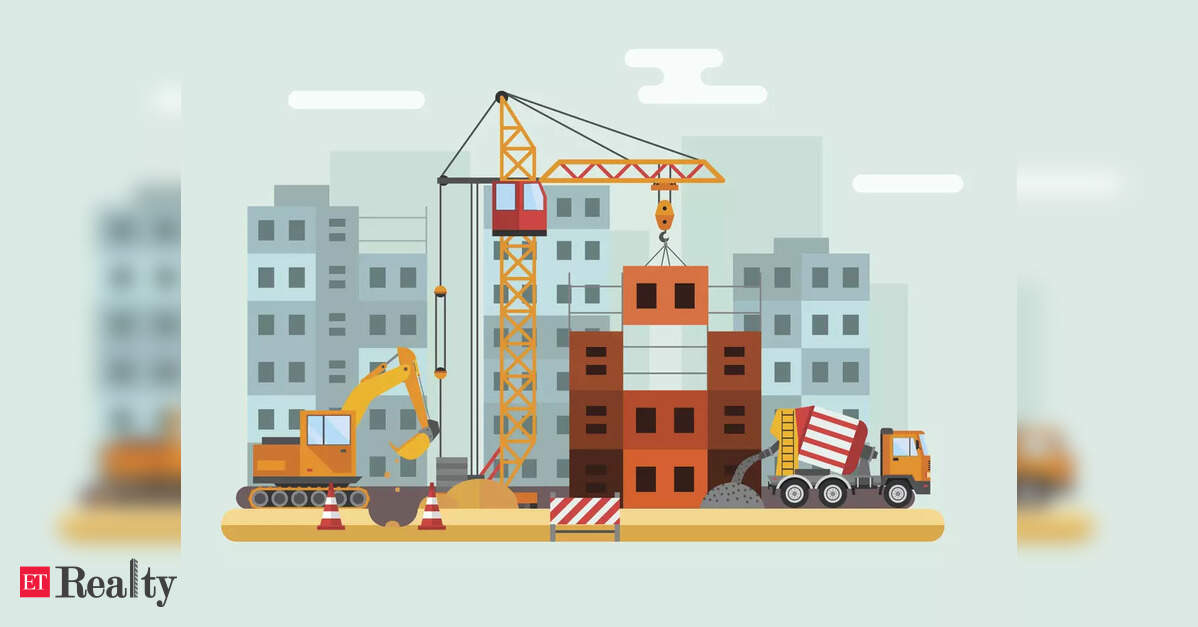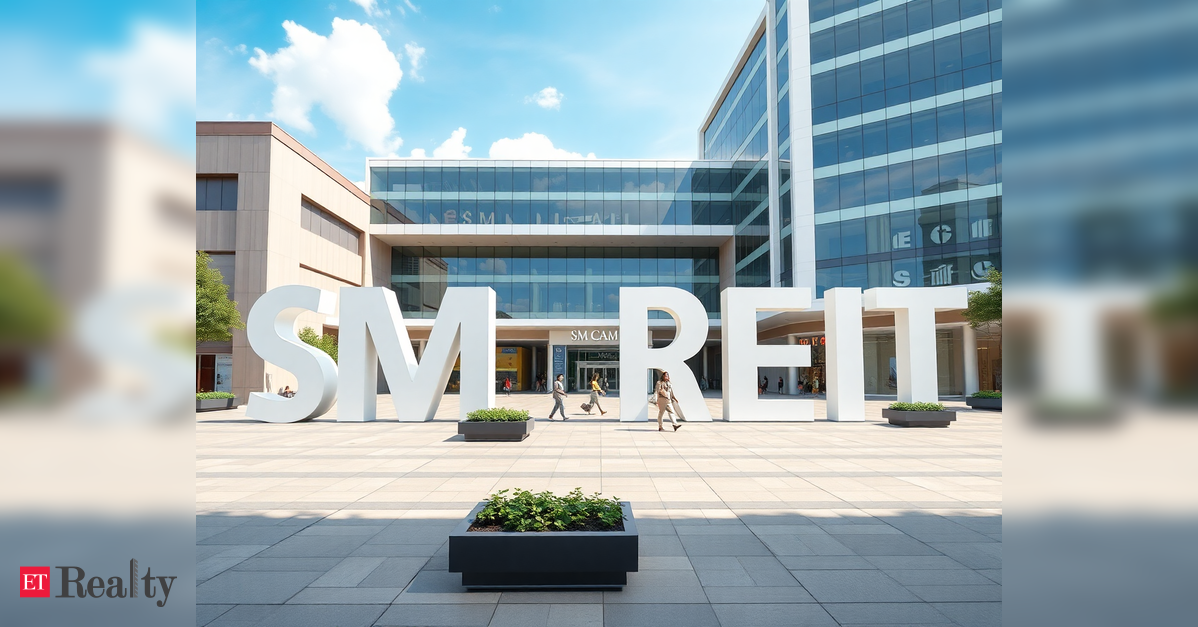
NEW DELHI: A report by Knight Frank India states that by 2030, Mumbai’s current redevelopment initiatives (MCGM) are set to deliver 44,277 new homes, amounting to ₹1,305 billion.
The report reveals that since 2020, a total of 910 housing societies have entered into development agreements (DAs), unlocking approximately 326.8 acres (1.32 million sq. meters) of potential land based on FSI utilization norms. Notably, around 160,000 societies are over 30 years old and eligible for redevelopment.
In the Western Suburbs, areas with high population density from Bandra to Borivali are expected to contribute 32,354 new homes, representing 73% of the total redevelopment output, while South Mumbai will see 416 new housing units.
The state government anticipates generating about ₹6,500 crore from the sale of free sales resulting from society redevelopment over the next five years, along with an estimated ₹6,525 crore in Goods and Services Tax (GST) during the same period.
Shishir Baijal, Chairman & Managing Director of the company, stated, “The free sale component from society redevelopment is projected to yield approximately ₹7,830 crore in stamp duty and another ₹6,525 crore in GST. However, the segment currently appears overheated and is approaching a critical point. Rising costs have led to commitments that exceed sustainable limits, and the expectations of society members have escalated disproportionately. It is crucial for both societies and developers to allow sufficient flexibility in their agreements and to manage finances wisely.”
From 2020 to the first half of 2025, the Western Suburbs accounted for 633 out of 910 society deals, making up 70% of all agreements. Central Suburbs contributed another 234 societies, bringing the suburban total to nearly 96%.
Borivali, Andheri, and Bandra have emerged as the top three redevelopment hotspots, contributing over 139 acres of activity, whereas Central and South Mumbai recorded only 43 redevelopment agreements due to challenges such as fragmented ownership and high entry costs.
Redevelopment efforts focus chiefly on compact societies, with over 80% of the registered agreements since 2020 for plots smaller than 0.49 acres, highlighting land aggregation difficulties in densely populated areas. Since 2020, 754 societies with plots up to 0.49 acres have secured redevelopment deals.
Gulam Zia, Senior Executive Director—Research, Advisory, Infrastructure, and Valuation of the company, remarked, “Given the overheated market conditions and soaring prices, we are at a juncture where excessive demands and aggressive offers may jeopardize long-term viability. Our analysis indicates that in markets below ₹40,000 per sq. ft., developers should not allocate more than 30-35% of the total area to the society. This can increase to 35-40% for prices between ₹40,000 and ₹60,000 per sq. ft., and up to 50% in areas priced over ₹75,000 per sq. ft. Beyond these limits, cash flows become inflexible, and projects face vulnerabilities. Both societies and developers must, therefore, incorporate adequate buffers to handle potential downturns effectively.”
The report emphasizes that redevelopment is inherently a long-cycle process, typically taking 8-11 years from inception to completion. Societies that began their journey in 2020 are just now entering construction or early delivery phases.
This prolonged timeline exposes projects to various market cycles, interest rate fluctuations, and policy changes. Although redevelopment has become more viable under DCPR 2034 and related frameworks, hurdles around building consensus, title clarity, and civic approvals persist.
The report highlights that societies with clear titles, comprehensive documentation, and unified member agreement tend to engage stronger developers and achieve quicker closures. In contrast, inadequate documentation or prolonged negotiations can delay projects for years, undermining trust and market potential.




